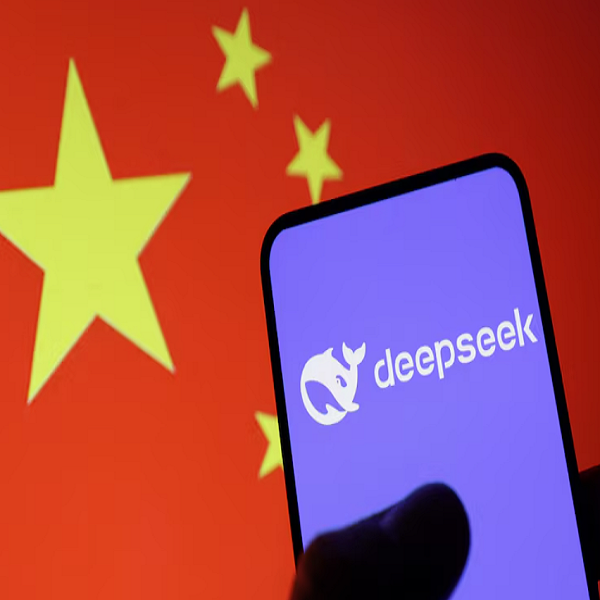DeepSeek took over the AI industry by storm, surpassing platforms like ChatGPT. It received massive downloads from millions of users who were eager to try it out and compare it with other models. The world wide attention also brought up some serious security issues. Within a short period of its release, DeepSeek faced security problems such as jailbreak and data breaches.
One major concern is data privacy. Many experts warn that DeepSeek sends user data to China, where its parent companies are located. Feroot Security found out that DeepSeek has hidden code that can send user data to China Mobile’s online registry, CMPassport.com.
DeepSeek’s privacy policy reveals that the company stores user data on servers in China. This is a big problem because China Mobile is believed to have close ties with the Chinese military and DeepSeek’s chatbot is more directly linked to the Chinese state than previously thought.
In a practical session, David Bombel demonstrates how data from DeepSeek is being sent to servers in China using a tool called Wireshark. Despite DeepSeek denying this, the privacy concerns have led countries like Italy and Ireland to stop DeepSeek’s operations.
These security and privacy concerns are not unique to DeepSeek, but are also present in other generative AI models like ChatGPT, Microsoft AI, MetaAI. This raises the question about what companies are doing to protect users’ data and ensure their privacy. It is also a wake-up call for regulators and policy makers to put in more effort to ensure the protection of user data while still enabling AI innovation. Users are advised to understand the privacy policies of the models they use and be cautious about the personal information they share.





